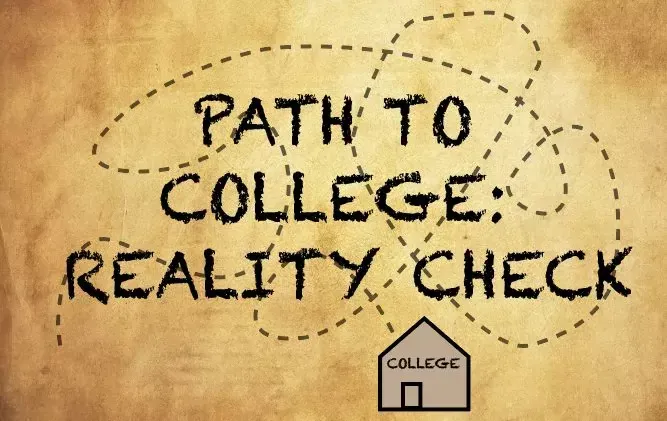Is Your Student Ready for College?

Recently, I attended the Independent Educational Consultants Association (IECA) Fall Conference where I spent the majority of each day in dynamic and informative conversation and professional development with colleagues from around the globe. The conference was invaluable and indeed I am grateful for the many "golden nuggets" of wisdom gleaned from veterans in the field. There was an emphasis and consistent discussion around the concept of students and college readiness. I am not referring to academic college readiness, which is undoubtedly under immense scrutiny as the effects of 18 months of virtual school have had a devastating effect on students' learning but rather the emergence of another critical element of college readiness. Basic Life Skills college readiness.
One of the toughest parts of my work is discovering that a student has not had a successful transition to college. Often a significant contributor in the student's unraveling and failure to launch is their lack of ability in the rote, daily tasks of life (doing laundry, making a meal, managing prescription medications and scheduling a dentist appointment.) And the question is, why are many teenagers so ill-equipped to manage the basic tasks of daily life? A consensus amongst Independent Educational Consultants, Therapeutic Consultants and Therapeutic Gap Year Consultants is that high school students are so focused on building an impressive college résumé, that there is little to no time to just do life. Well-intentioned parents do virtually everything for their child, breathlessly running them from one thing to the next, without so much as a backward glance nor a moment to reflect. A trade-off emerges; vast resources going toward the student doing more stuff and far less resources devoted to teaching them how to do life.
There is a direct correlation between the possession of life skills and the ability to take care of oneself. As adults, we recognize the importance of proper sleep and nutrition. We are aware of the negative effects of logging an hour too many on our device and if listening, we hear that pesky little voice that says, "slow down, take care". Without healthy habits, we spiral and eventually crash and burn. But as adults, we have the maturity to draw from life's experiences and ultimately to course correct. College students, living newly independent lives and with a ridiculous abundance of freedom are lacking in their ability to recognize when it's time to call in the calvary of sense and self-care.
I'm the first one to admit that parenting teenagers is hard as hell and requires a thick skin, serious stamina (especially for the BS), follow through and the occasional uncomfortable conversation. But of utmost importance is teaching our kids how to take care of themselves. When they launch, they will either sink or swim and I don't think any parent is voting for the sink. No longer will they be shuttled from one game, tutor, or job to the next. Once in college, they will be required to shuttle themselves, and on time, with no one serving as a safety net. Once your teen flies the coop, they have to know the basics of how to do life; and better yet, with a keen awareness of how to self-care.
I am not saying any of this is easy but what about parenting is? Further, I deeply appreciate the self-sacrifice that comes with parenting and follow through on the hard stuff. But "doing it all" for your child, so they can do more stuff, is in the end, a crippling practice. There are reverberating consequences for the college kid that lacks basic life skills. Think about it, do you want your student using the dorm room microwave to dry their tighty whiteys? Really, what kind of impression does that leave? Um, I really wish I were making this up.










